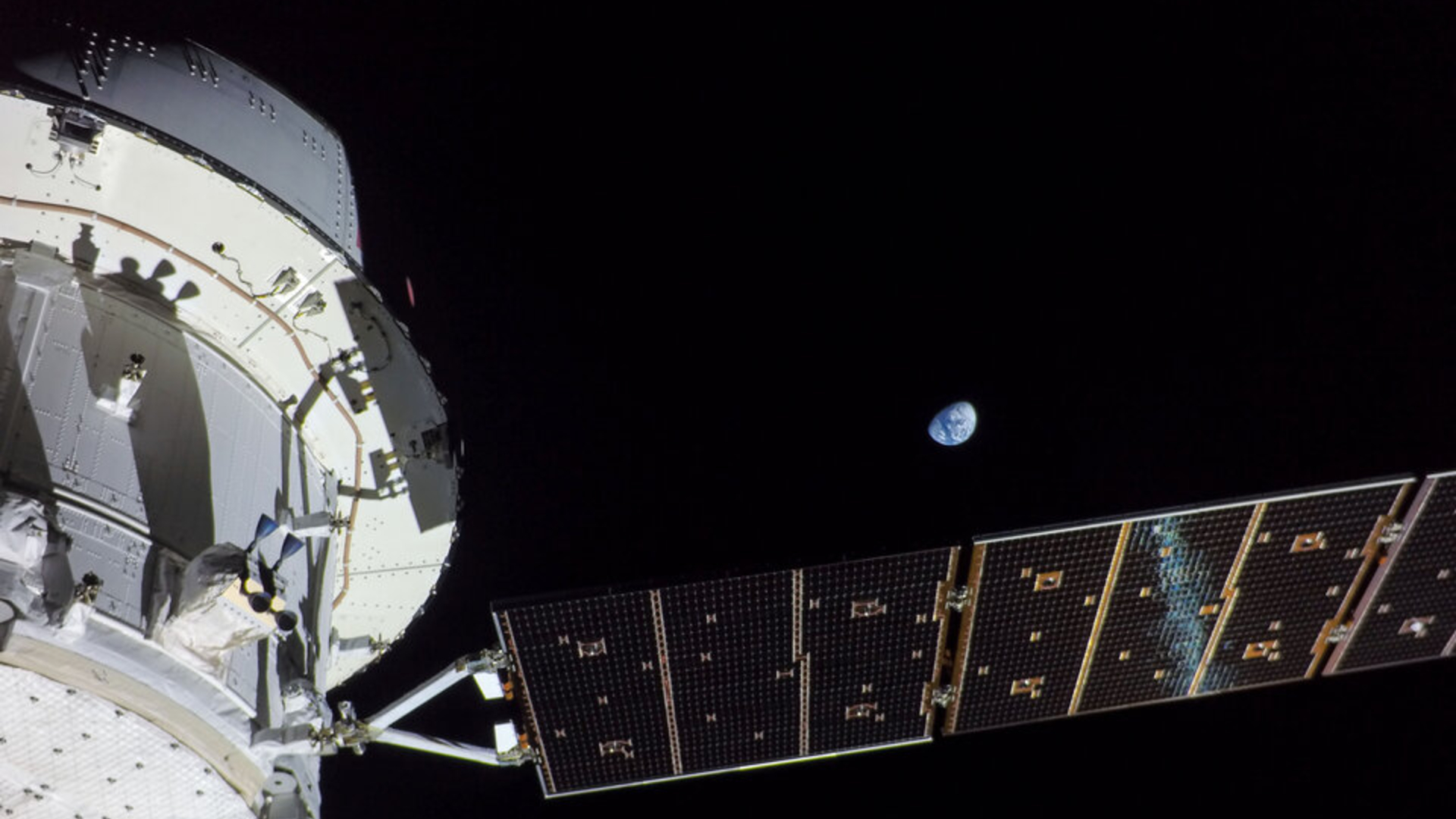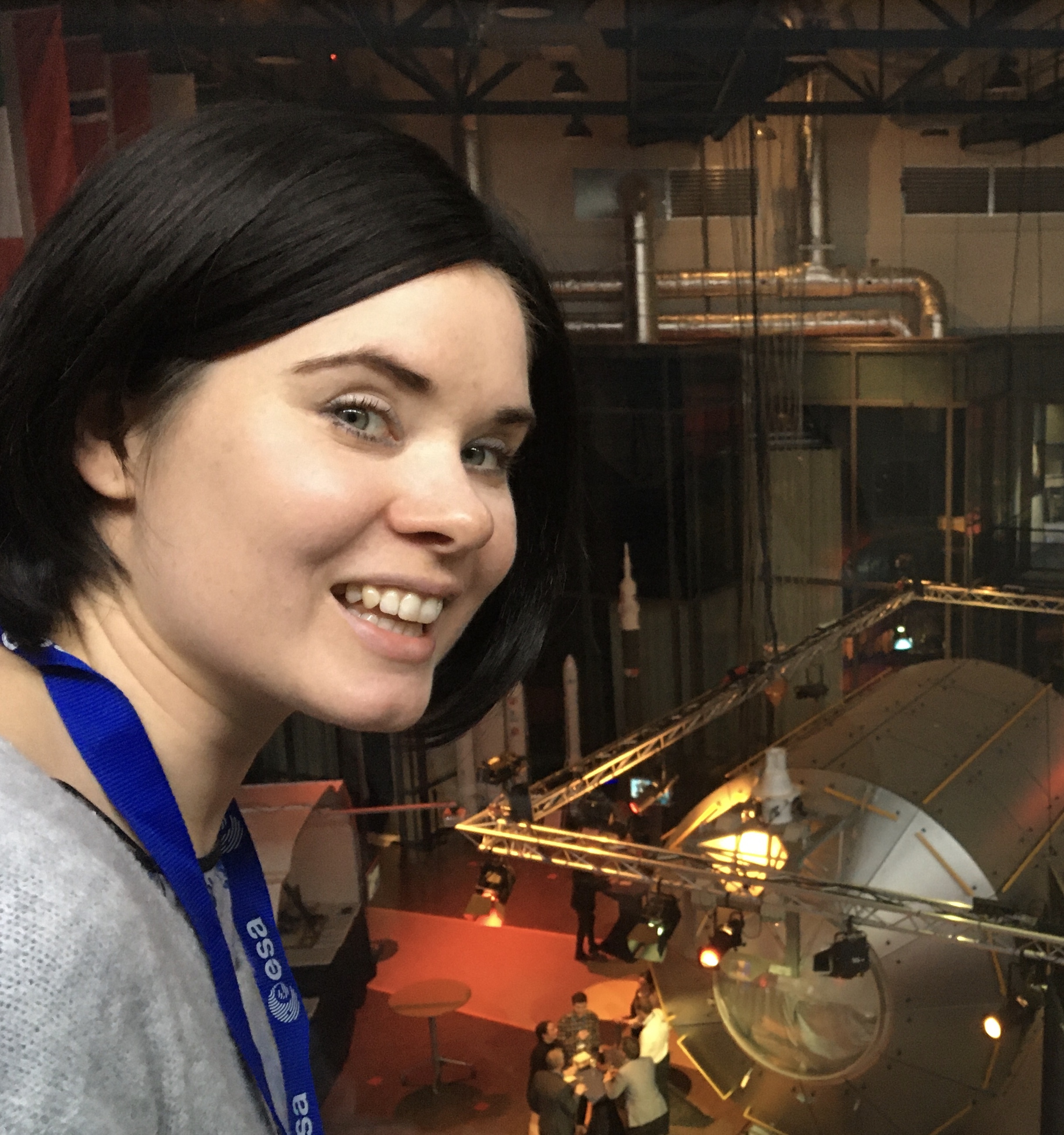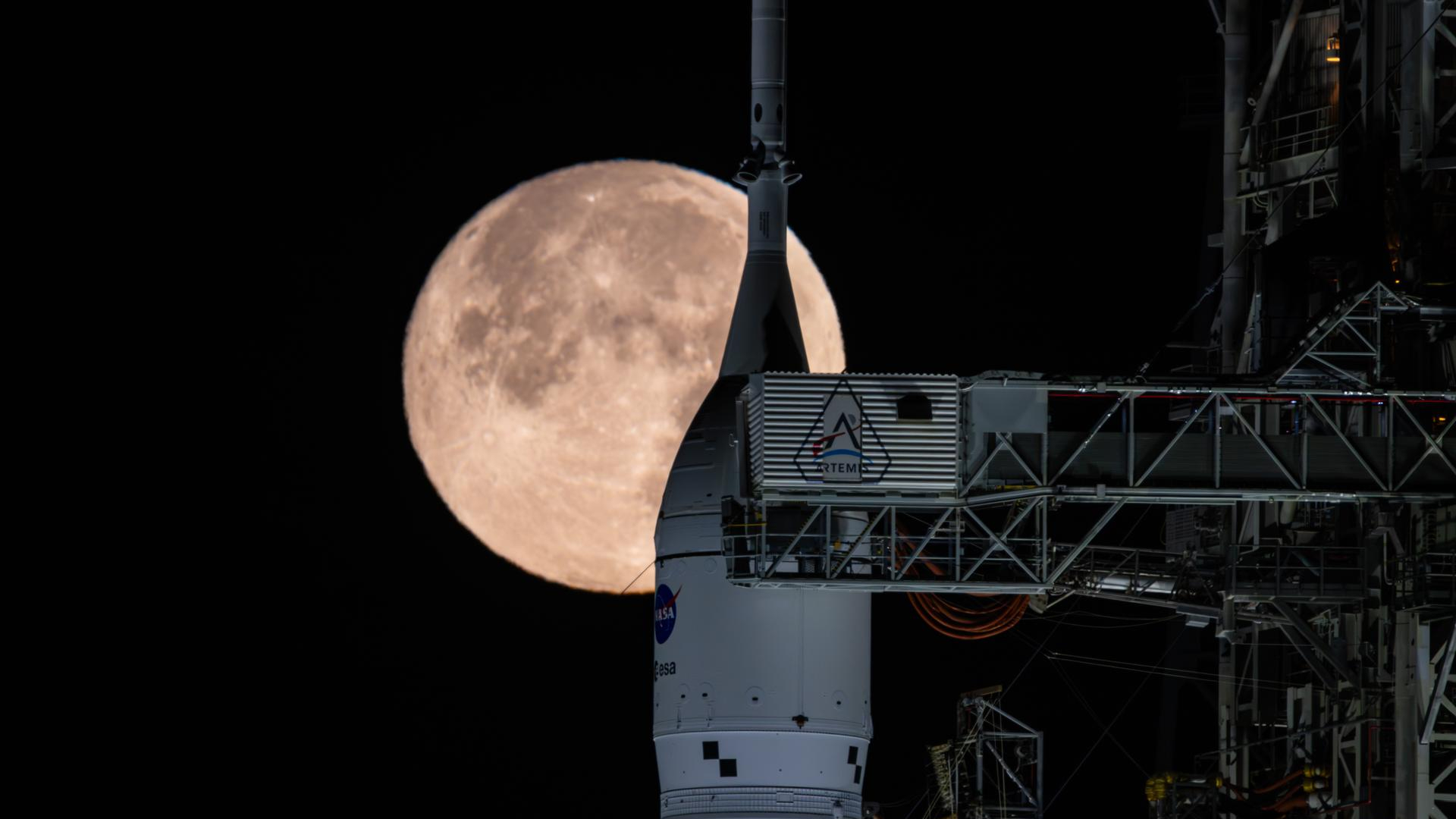ESA ships Artemis 4 Orion service module to NASA after Trump tried to cancel it
The European Space Agency has completed the Orion service module for NASA's Artemis 4 mission to the moon, which was saved from cancellation earlier this year by the U.S. Congress

Breaking space news, the latest updates on rocket launches, skywatching events and more!
You are now subscribed
Your newsletter sign-up was successful
Want to add more newsletters?

Delivered daily
Daily Newsletter
Breaking space news, the latest updates on rocket launches, skywatching events and more!

Once a month
Watch This Space
Sign up to our monthly entertainment newsletter to keep up with all our coverage of the latest sci-fi and space movies, tv shows, games and books.

Once a week
Night Sky This Week
Discover this week's must-see night sky events, moon phases, and stunning astrophotos. Sign up for our skywatching newsletter and explore the universe with us!

Twice a month
Strange New Words
Space.com's Sci-Fi Reader's Club. Read a sci-fi short story every month and join a virtual community of fellow science fiction fans!
The European Space Agency (ESA) has completed the service module for NASA's Orion spaceship, which is meant to take the nearly cancelled Artemis 4 mission to the moon.
The module, which is supposed to be shipped to NASA this week, was nearly not needed after the Trump administration revealed plans to discontinue Orion and its rocket, the Space Launch System (SLS), after the Artemis 3 mission in 2027. Trump's $18.8 billion NASA budget proposal for 2026, introduced in May, proposed sweeping cuts and changes to the agency's current programs. NASA's lunar exploration program was one of around 40 projects selected for funding reduction. The Trump administration signaled that it sought to replace the NASA-made SLS rocket and the Orion spaceship with commercial alternatives after the completion of Artemis 3. It also wanted to eliminate the Lunar Gateway, a station designed to orbit the moon and serve as a base for sorties to the moon’s surface.
But the mission was salvaged by a last minute addition to the Big, Beautiful Bill, spearheaded by Texas Senator Ted Cruz. The Big Beautiful Bill, passed in July, secured funding for both the Lunar Gateway and further Orion and SLS flights beyond Artemis 3. Although the original version of the bill didn’t address NASA, later versions eventually provided $2.6 billion to build the Lunar Gateway, $41.1 billion for SLS to launch Artemis 4, and 5 and $20 million for a new Orion capsule to be used on Artemis 4 and subsequent launches.
ESA said in a statement that the Artemis 4 Orion service module would begin its journey across the Atlantic Ocean "in a few days" to head to NASA's Kennedy Space Center for further integration. In 2021, ESA paid a consortium of European companies 650 million euros ($791 million) to produce Orion service modules for Artemis missions 4, 5 and 6.
The service module is an expendable part of the Orion space ship that provides propulsion, electricity and atmosphere regeneration during the trip to the moon and back. ESA is building the technology as part of a barter agreement with NASA in exchange for the American agency providing seats on launch vehicles to take European astronauts to the International Space Station.
ESA has previously delivered three Orion service modules to NASA. Only the first of the three has so far made it to space — the one that powered the Artemis 1 uncrewed test mission in December 2022. Artemis 2 is scheduled to deliver the first human crew since the Apollo era to the moon's orbit in April next year. Artemis 3, planned for 2027, is expected to carry the Starship HLS lander to enable a human return to the moon's surface.
Artemis 4 is expected to launch in 2028 with another crew tasked with a lunar landing. The mission will also deliver the Lunar I-Hab, a habitation module for the planned Gateway station, into the moon's orbit.
Breaking space news, the latest updates on rocket launches, skywatching events and more!
"[The European Service Module 4] will play a key role as the Artemis 4 mission is due to deliver the International Habitation Module (Lunar I-Hab) of the Lunar Gateway space station," Daniel Neuenschwander, ESA's Director of Human and Robotic Exploration, said in the statement. "This state-of-the-art hardware, developed by Airbus Defence and Space and its subcontractors across Europe, demonstrates our ability to contribute to major international partnerships."
The Trump 2026 NASA budget, widely criticized and described as the smallest NASA budget since 1961, introduces wide-ranging cuts and cancellations of space and Earth science missions. Additional ESA projects carried out in collaboration with NASA are on the line including the Venus explorer Envision and the gravitational wave space detector LISA.
The Trump budget, however, is facing opposition in Congress, which is rumored to be working on a competing proposal that might restore most of the funding. On the other hand, insider reports have indicated that NASA leadership is aggressively pushing for reforms, job cuts and project cancellations to implement Trump's vision even ahead of a formal budget approval.

Tereza is a London-based science and technology journalist, aspiring fiction writer and amateur gymnast. She worked as a reporter at the Engineering and Technology magazine, freelanced for a range of publications including Live Science, Space.com, Professional Engineering, Via Satellite and Space News and served as a maternity cover science editor at the European Space Agency.
You must confirm your public display name before commenting
Please logout and then login again, you will then be prompted to enter your display name.
